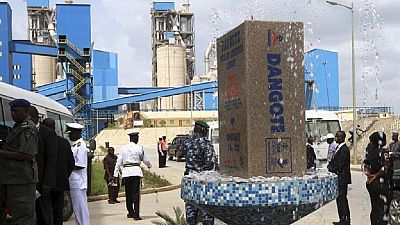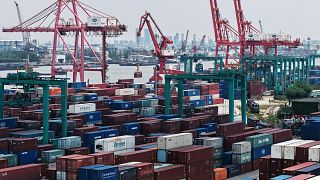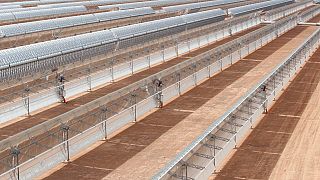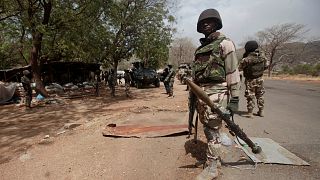Nigeria
The Dangote group of companies has denied media reports that a recent decision to retrench 48 of its staff was related to recession in Nigeria. 36 expatriate workers and 12 locals were affected by the action.
According to Tony Chiejina, the Head of Corporate Affairs of the group, the expatriates were disengaged because of job overlap. The dozen Nigerians he added worked in the company’s procurement department whose services were redundant as the company continues to grow.
Whiles speaking to the News Agency of Nigeria, Chiejina disclosed that the company was rather expanding in spite of the recession. He added that the company was getting ready to open more employment opportunities.
The company’s growth he added was because of the country’s expansion efforts into oil and gas, rice and diary projects, fertilizer and petrochemicals among others. He said even though the recession was a challenge to the group, they were bent on looking on the bright side of the recession.
Local media has earlier reported the huge amounts in forex salaries being paid to the expatriate workers had become a burden on Dangote due to the steady depreciation in the value of the naira and the difficulties of raising enough dollars.
Why we sacked 36 expatriates, 12 Nigerians – Dangote – https://t.co/D2SDhq34NB pic.twitter.com/YjQL26KZX2
— TODAY (@todayng) October 25, 2016
Dangote is on record to have said that Nigeria entered recession because ‘‘… 90% of the government’s foreign exchange earning is from oil, the only way for us to get out of this recession is for us to try and make sure that we move quickly into action. Action by saying that we diversify the economy quickly,’‘ he said.
Nigeria, Africa’s second largest economy, officially entered a state of economic recession for the first time in over 20 years. This came after figures revealed that the economy contracted for a second consecutive quarter.
According to the Nigeria Bureau of Statistics, the country’s Gross Domestic Product (GDP) contracted by 2.06% in the second quarter. The GDP shrunk by 0.36%.
A recession is a period of temporary economic decline during which trade and industrial activities are reduced, generally identified by a fall in GDP in two successive quarters.
The cause of the slump is believed largely to be as a result of the slump of oil prices on the world market. That situation has been worsened by renewed insurgency in the Niger Delta region, the attacks on oil installations continue to disrupt production of oil in the region.














Go to video
Evacuations begin: African citizens caught in Israel-Iran crossfire
02:08
Gunman attack in north-central Nigeria: death toll climbs to 150
01:14
Tinubu pardons the Ogoni Nine activists, 30 years after their execution
02:18
Nigerian animation shines at Annecy Film Festival
48:03
Half a century later, Is ECOWAS falling apart? [Africanews Debates]
01:31
Nigerians struggle to afford rams for Eid celebrations as inflation soars